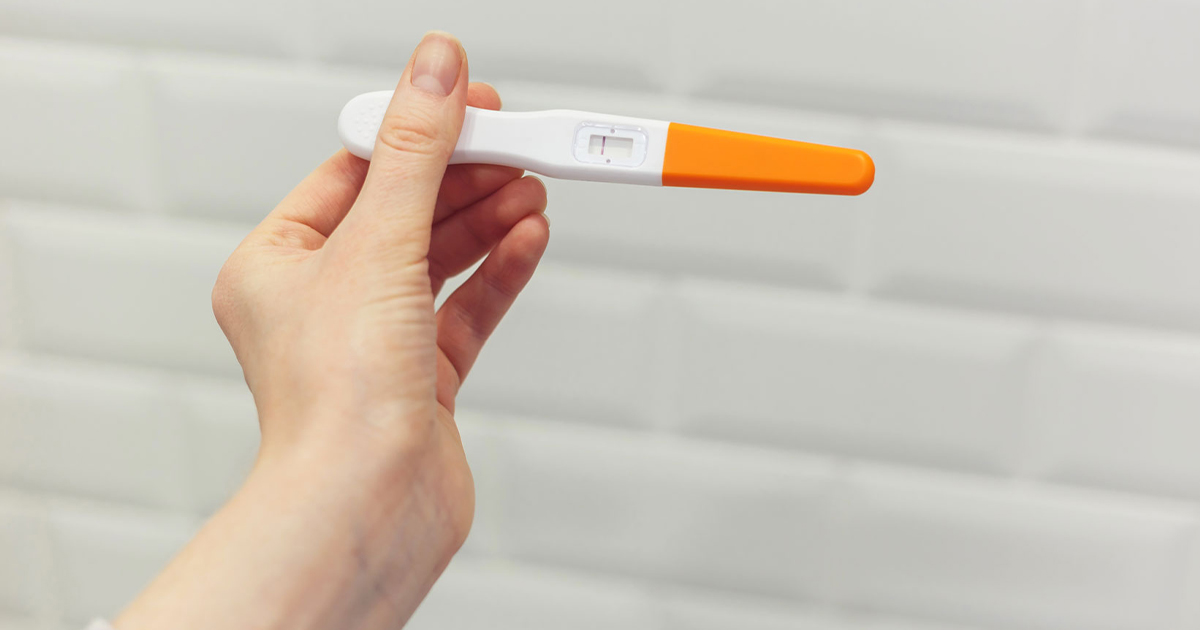The “two-week wait” after IVF is the period between when you complete your fertility treatment and when you come to the clinic for your pregnancy test.
It’s easy to imagine the ‘symptoms’ of this wait. Your mind may be fixed on one question – “Am I pregnant?” This can be a draining and anxiety-inducing process. The two-week wait may feel like a kind of limbo. But don’t worry, you’ll get through it.
We’ve put together some helpful tips to support you during this challenging period.
Tips to Help You During the Two-Week Wait
1. Manage Your Stress
Fertility treatments are stressful for both the body and mind. The two-week wait is the perfect time for you to rest.
Rather than associating every new physical sensation with whether you’re pregnant or not, try to relate them to tension or relaxation. If you feel tense, where in your body is that tension? Are you clenching your jaw? Are your shoulders tight?
If so, your body is holding onto stress. Be sure to take time for rest. This is not only a healthy way to reduce your stress levels but also a way to create a healthy environment for your baby. Try gentle yoga or brisk walks. Make sure your diet is nutritious and delicious.
Pay attention to your daily routine. If any of your usual activities are causing stress, especially during the first five days after treatment, try to limit those activities.

2. Listen to Your Body
At the end of your fertility treatment(s), your body has just gone through a major procedure. The purpose of post-treatment medications is to create the most favorable environment for pregnancy, but they may cause side effects.
You might experience many of the same physical sensations you normally would during PMS or early pregnancy: cramping, breast tenderness, fatigue, bloating, spotting, or light bleeding.
These are all completely normal and part of the process of undergoing fertility treatment and taking post-treatment medications!
If you’re concerned about these symptoms, you can consult with your doctor. You can try stress-relief techniques such as meditation, breathing exercises, and walking.
However, if you experience symptoms such as shortness of breath, chest pain, excessive bloating, or lower abdominal pain, it could indicate ovarian hyperstimulation. In this case, contact your doctor.
3. Don’t Downplay Your Emotions
The two-week wait can produce a flood of emotions. Your partner, a trusted friend, or a family member can help you balance your emotions. Make sure you receive emotional support and maintain good communication with your loved ones.
It may be difficult, but try to balance the fine line between your mental state and reality. For some, it’s much easier to cope with the wait by staying hopeful and optimistic. For others, it’s easier to protect themselves by feeling pessimistic. Maybe having a “Plan B” – a “what if the treatment cycle fails” plan – will help you feel at ease. If you’re unable to manage your concerns, be sure to contact your doctor.
4. Don’t Take an At-Home Pregnancy Test
Resist the temptation to take an at-home pregnancy test during your two-week wait. Your fertility specialist will explain that at-home pregnancy tests, while tempting, can give false negatives or false positives. These tests usually rely on human chorionic gonadotropin (hCG) levels. Traces of hCG, used in many fertility treatments to trigger ovulation, can be detected by a home pregnancy test, regardless of whether implantation actually occurs.
At the end of your two-week wait, the pregnancy test performed at our clinic is done by taking a blood sample and measuring the hCG levels produced by the developing embryo. This is the most reliable pregnancy test. Avoid false results.
5. Trust Your Body
Our bodies are a perfect operating system. If you find it difficult to develop patience, return to this thought. Affirmations, meditation, counseling, exercise, and breathing techniques are some options to get rid of negative beliefs about your body or future. Focus on positive thoughts. Try to reduce your anxiety levels. The more you trust yourself, the easier it will be to be patient during your two-week wait.

Things You Need to Know About the Two-Week Wait
- After your IUI or embryo transfer, there’s nothing you can do to affect the outcome.
- One of the biggest myths in IVF or other fertility treatments is that embryos can “fall out.” Once embryos enter the uterus, they do not “fall out.” Therefore, driving over a deep pothole, going to the bathroom, jumping over a puddle, etc., will have no effect on the success of the cycle. Rest easy.
- If you’re taking progesterone, this can cause confusing symptoms. You may feel tired, bloated, nauseous, or experience breast pain; all of these could be early pregnancy signs. During the waiting period, try your best not to focus on these symptoms. Some women don’t experience any symptoms, and the two-week wait results in a healthy pregnancy.
- Remember that your doctor and nursing team are here for you during this waiting period. If you have any questions or concerns, call us! We are not just concerned with the medical aspects of your fertility treatment; we care about how you’re feeling, and we are here for you throughout the process.

 EN
EN TR
TR
